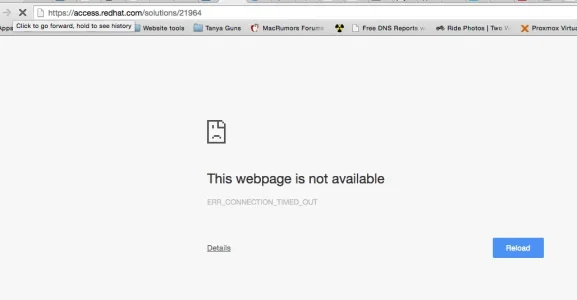TPerry
Well-known member
From my understanding their architecture layout did not lend itself to the ease of automated upgrades. You trying to tell me that all of a sudden that (with 5.5 or 6 wasn't it) it suddenly became a "Good Thing"?Please enlighten us and tell us why.
They believed that a clean start forces you to refactor and pay attention to configs along the way also - which sometimes is needed, and other times is not. We ARE in a modern age of automation. Hell, even the IBM AS/400 didn't require a fresh install of it's OS.
